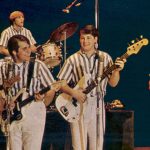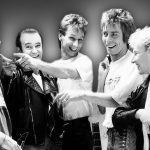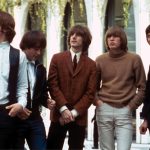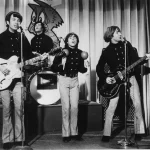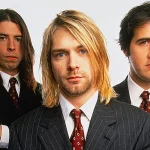The Human League: Synth-Pop Pioneers Who Defined the 80s
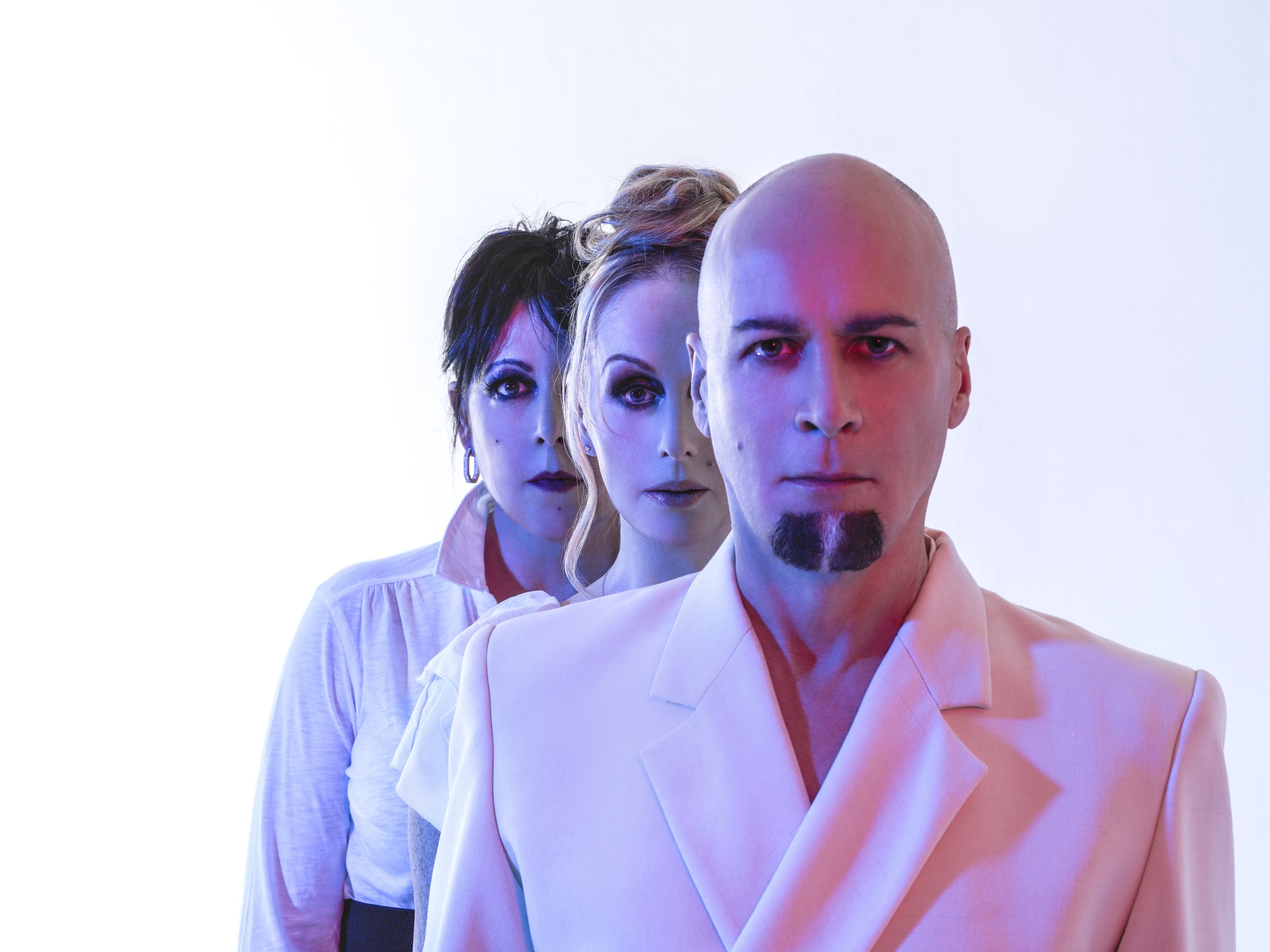
The Human League stands as one of the most influential British bands in the synth-pop and new wave genres, defining the sound of the 1980s with their unique blend of electronics, catchy melodies, and striking stage presence. Hailing from Sheffield in the late 1970s, the band underwent several lineup changes before reaching the pinnacle of their fame, leaving an indelible mark on music history.
Initially, The Human League was known for its experimental, heavily electronic, and somewhat cold sound, led by Philip Oakey alongside Martyn Ware and Ian Craig Marsh. However, it was a daring shift in the early 80s that catapulted them to superstardom. After Ware and Marsh departed to form Heaven 17, Oakey brought in two non-professional female vocalists, Susan Ann Sulley and Joanne Catherall. This seemingly audacious decision proved to be a resounding success.
With their new lineup featuring Philip Oakey (male lead vocalist), Susan Ann Sulley, and Joanne Catherall (female lead and backing vocals), The Human League crafted music that was both cutting-edge and broadly appealing. Oakey’s distinctive, deep vocals combined with the sweet, harmonious tones of Sulley and Catherall created a unique, emotionally resonant, and captivating vocal interplay. They were not just singers; they were stylish icons, with sharp looks and impressive fashion sense that helped define the aesthetics of the 80s.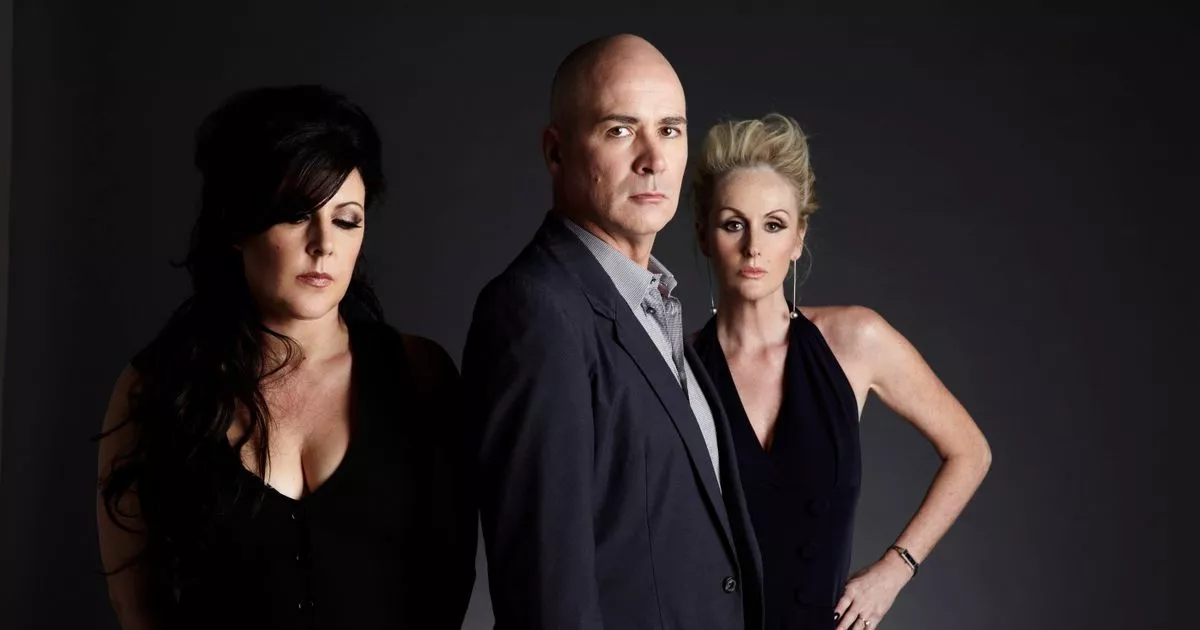
Their breakthrough album “Dare” (1981) was a synth-pop masterpiece, yielding a string of global hits. The most iconic track, “Don’t You Want Me,” not only topped charts worldwide but also became one of the most emblematic songs of the decade, with its dramatic male-female vocal dialogue and unforgettable melody. Other hits like “Love Action (I Believe in Love)” and “Open Your Heart” further solidified their position as pioneers of electronic sound.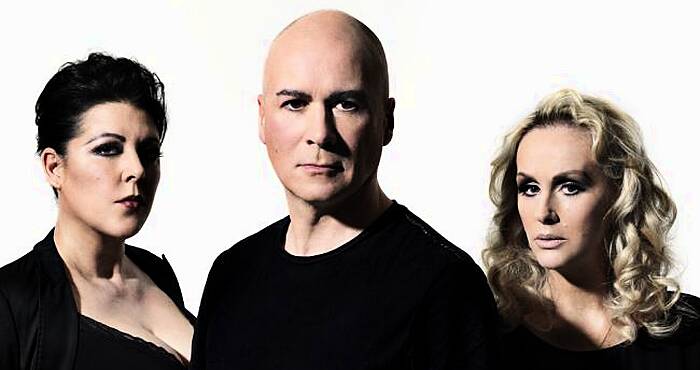
The Human League were more than mere hitmakers; they were innovators in using synthesizer technology to create pop music that was both structurally sophisticated and accessible. They demonstrated that electronic music could possess soul, capable of telling stories of love, loss, and everyday emotions with genuine sincerity.
Despite undergoing some stylistic and personnel changes in subsequent decades, The Human League has maintained a sustained career and continues to perform today, cherished by a devoted fanbase and respected by critics. Their legacy lies in having paved the way for numerous electronic artists, proving that synth-pop was not just a fleeting trend but a genre with lasting value and vitality. The Human League will forever remain an indispensable part of pop music history, a band that dared to “dare” to change and achieved resounding success.

